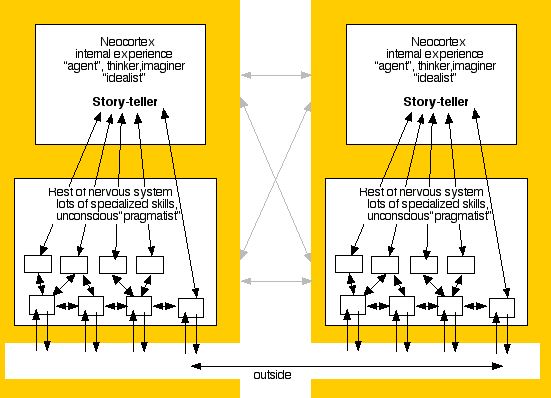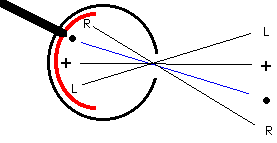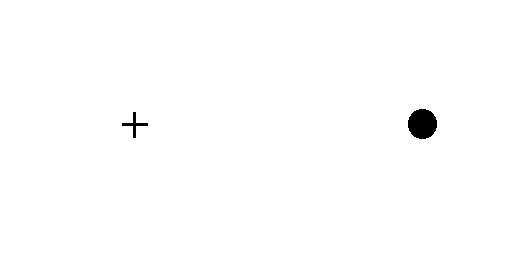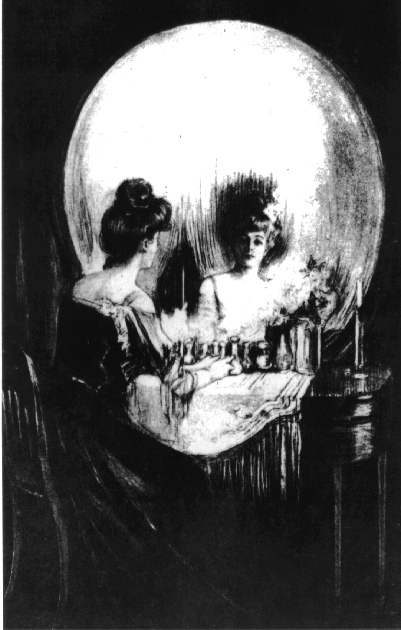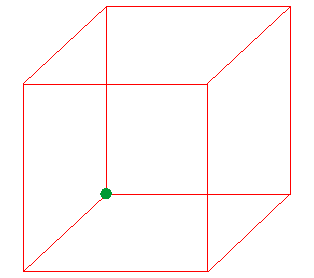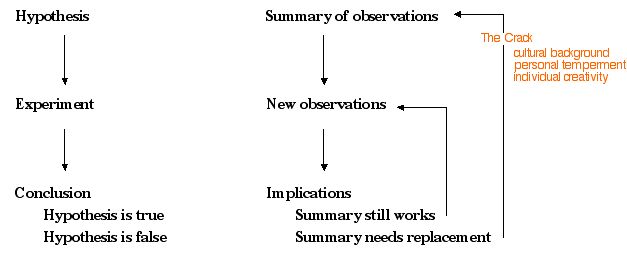
Science as successive approximations to Truth
Science as authority about "natural world"
Science as ongoing making of observations, intepreting/summarizing, making new observations, making new summaries
Science as process of inquiry into anything, one which everybody is equiped to do/can get better at/be further empowered by, - a way of making sense of what is but even more of exploring what might yet be
